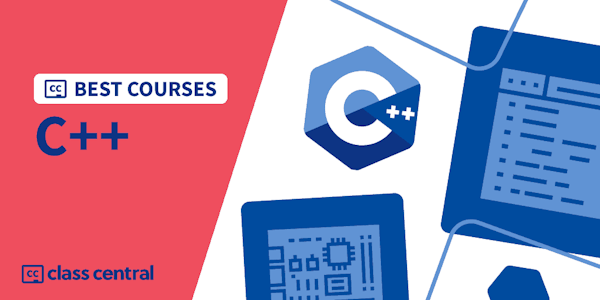Overview
Explore user-level threads and their implementation across multiple programming languages in this Linux Plumbers Conference talk. Dive into new kernel interfaces that enable cooperative use of regular threads with sub-200ns context-switch times. Learn about user-level primitives built on these interfaces and how they support a uniform, performant, synchronous programming model. Examine various thread models, callbacks, complexity differences, and asynchronous models. Discover techniques for parallelization, unbound concurrency, and CSP. Investigate overhead, pipe usage, race to idle, bandings, and privilege escalation. Analyze directed scheduling interfaces, kernel thread scheduler considerations, performance implications, socket locality, and concurrency management. Gain insights into activations and their role in thread management.
Syllabus
Introduction
Thread models
Callbacks
Complexity differences
Asynchronous model
Thread for request
Parallelization
Unbound concurrency
CSP
Overhead
Pipe
Race to Idle
Bandings
Privilege escalation
Directed scheduling interfaces
Other considerations
Kernel thread scheduler
Performance
Socket locality
Manage concurrency
Activations
Taught by
Linux Plumbers Conference



